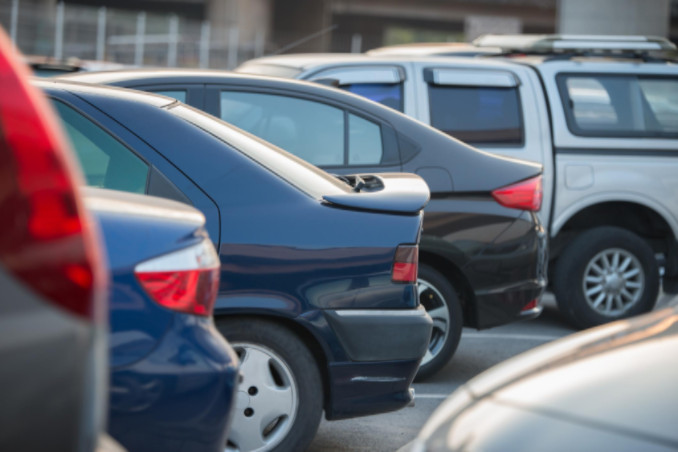
Every year we read in the news about children dying in cars. In 2016 alone, according to the Department of Meteorology and Climate Science (DMCS, San Jose State University), 26 children died in the United States because of heatstroke due to being left in a car.
Since the early 90s, the number of children falling victim to “vehicular heatstroke” has nearly doubled.
The Irony Of the Airbag
Ironically, the rise in hot car deaths may be in part correlated with the danger airbag deployment posed to children leading up to the 1990s. In 1995, this phenomenon began to be heavily reported in the mainstream media and parents began putting their children in the back seat. Unfortunately, when placed in the back seat, children are more easily forgotten—especially infants.
Accident Or Homicide?
For the most part, hot car deaths occur as a result of carelessness and negligence. But, how exactly are these deaths legally defined? Accident or homicide? Well, there are a number of different factors that the law considers when making that judgment, such as state laws.
Overall, 20 states have Unattended Child Laws, which specifically speak of vehicular heatstroke, while 14 of the remaining states have proposed laws moving forward in the state senate. Some states even have on their books “Good Samaritan Laws,” which are designed to protect an individual who sees a child in a car and seeks to help them.
In some states, like Florida, it is illegal to leave a child in the car for more than fifteen minutes. Charges, in that case, could be pursued whether or a not a child experienced any injury and regardless of the child’s age. In most states, no charges will be pursued unless the child has come succumb to personal injury or death.
However, in many states, there are not specific laws regarding vehicular heatstroke. In these states, each situation is decided on a case-by-case basis and are subject to the decisions of the local prosecutor and judge. In general, though, hot car deaths are generally rigorously investigated in order to determine if any maliciousness or negligence was a factor in the death.
Prosecutions and Sentencing
These sorts of cases are rarely prosecuted, but occasionally a case will be brought forth. For instance, a father residing in the state of Georgia was prosecuted for gross negligence as recently as 2014.
In 2007, the Associated Press article “Sentences Vary When Kids Die in Hot Cars” reported that prosecutions and final sentencing vary widely depending on the state and the country where the tragedy has occurred.
The article examined 310 cases and found that mothers tend to be prosecuted more harshly than fathers. Mothers are charged for gross negligence at 26% higher rate and tend to serve on average about twice as long prison sentences. The article also found that day care workers or babysitters were nearly twice as likely to be prosecuted than parents.
Precautions
So, what are some precaution that a person can take to prevent this tragedy? First of all, just don’t leave a child alone in the car under any circumstances. Otherwise, if you see a child unattended in a hot vehicle, it is highly recommended that you call 911. If the child appears to be incapacitated, feel free to remove the child from the car—especially if you are not aware of how long the child has been in the car.
Otherwise, if you have children, take careful precaution that they do have access to your car keys. Nearly 30% of vehicular heatstroke in children, since 1998, occurred because the child was playing in a car unattended by an adult. Also, it would be good to teach your children not to play alone in the car.
Lastly, some parents have taken to leaving their cell phones in the car seat of their child, especially in the case of infants. For many parents, this has proved a highly effective way never to forget children in the back seat.







